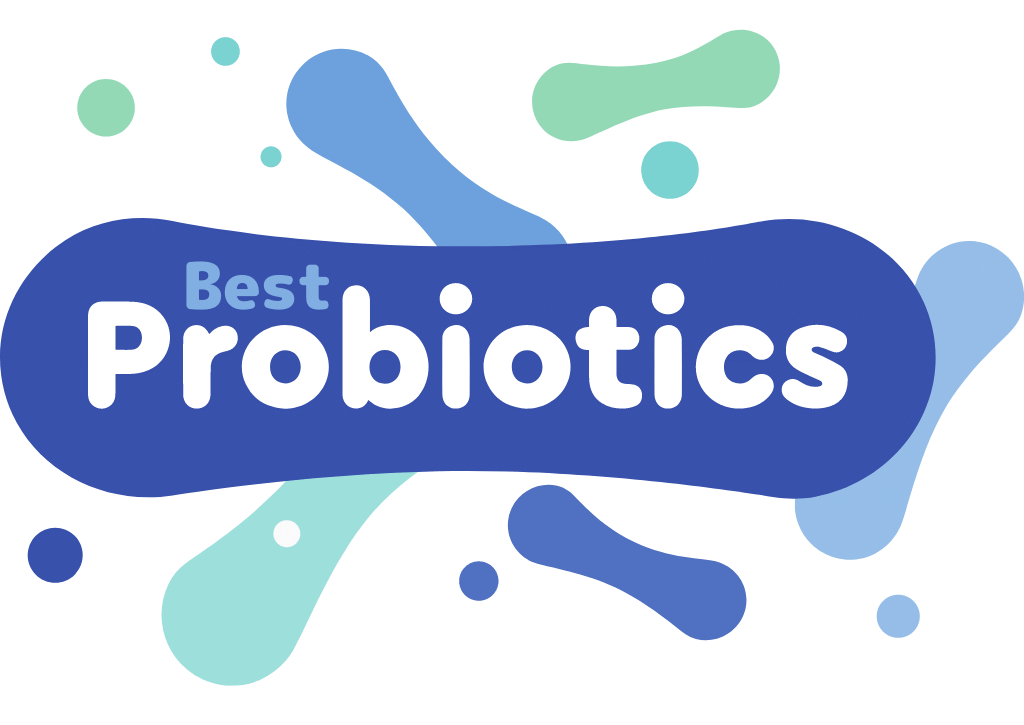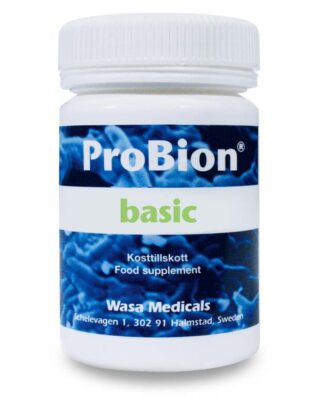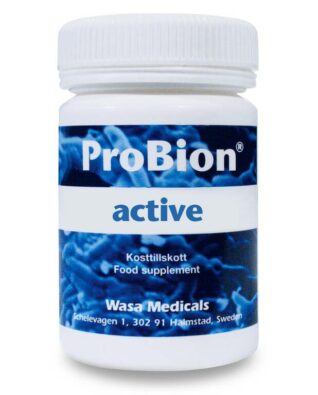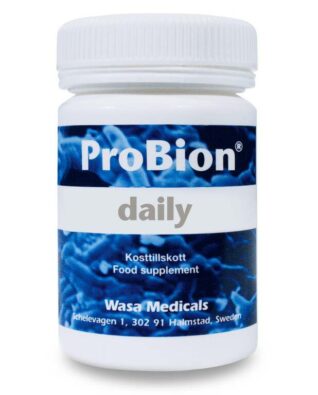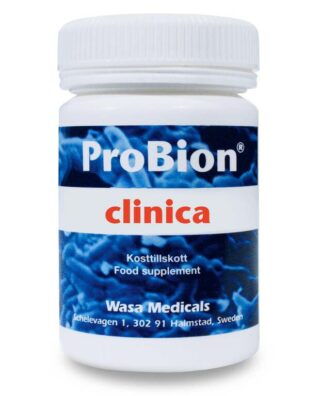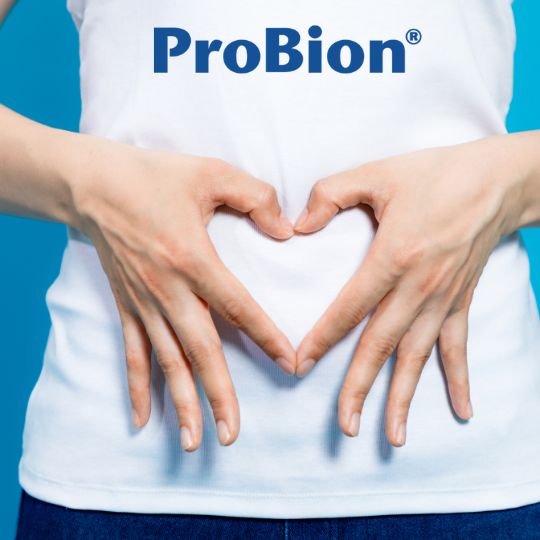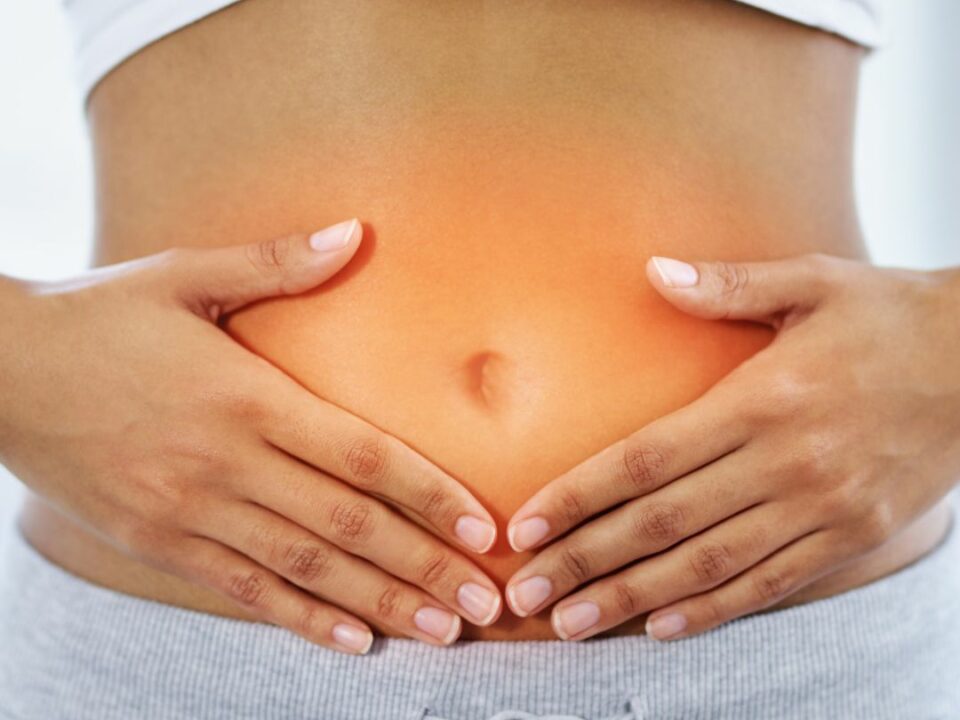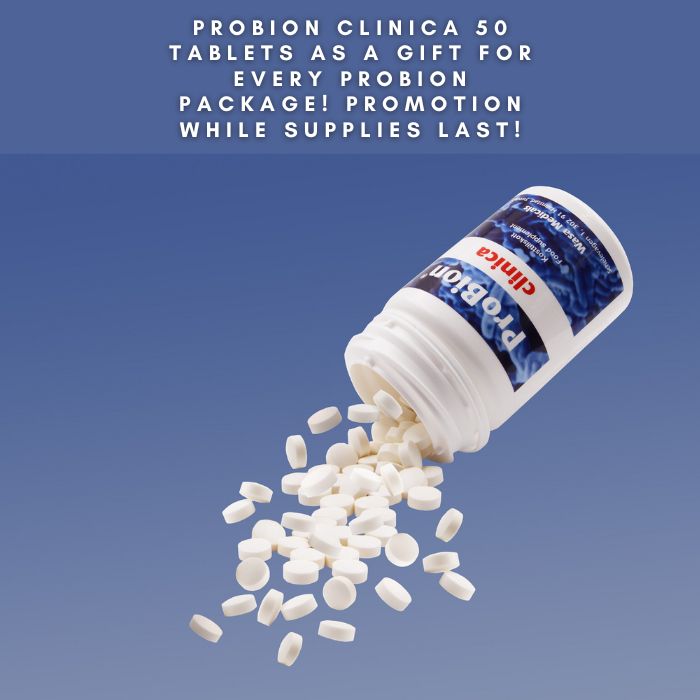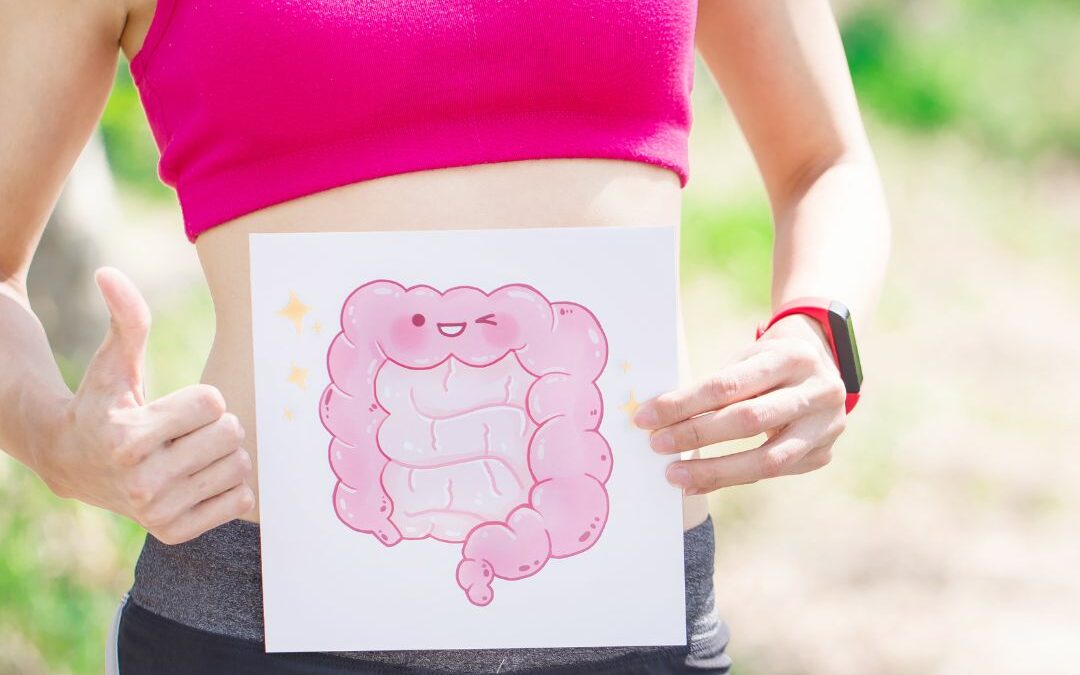
the best probiotics
Intestinal Dysbiosis and Human Health
The health of your gut goes far beyond what occurs in your digestive system. Poor gut health equals poor overall health, and any imbalance in gut bacteria can cause widespread health issues. From skin related problems to obesity, gut bacteria plays a role.
Let’s take a closer look at intestinal dysbiosis, what it is, and exactly why imbalanced gut bacteria causes such widespread health issues.
We will also explore different remedies, dietary, and lifestyle changes you can make to help support better gut bacteria and thus improve your health.
What is Dysbiosis?
See also: How Much Toxic Poop Waste is Trapped in Your Body Colon?
First, let’s talk about what dysbiosis is. It’s a fancy name for imbalanced gut bacteria. Having gut dysbiosis can lead to all types of unwanted symptoms as the gut microbiome plays such a large role in overall health. With the proper balance of gut bacteria, digestion, and immune function have the opportunity to work properly. When an imbalance is present, major digestive and health issues can arise.
What Causes Dysbiosis?
Intestinal dysbiosis is caused when harmful microbes overpower beneficial gut bacteria.
This can be caused by a number of things, including:
- Antibiotic use
- Long-term proton pump inhibitor use
- Alcohol use-drinking more than two alcoholic beverages per day can lead to dysbiosis. (1)
- Chronic stress
- Food allergies or sensitivities
- An unhealthy diet void of nutrient-dense and fiber-rich foods
- Chemotherapy treatment
- Use of birth control pills
- Bacterial infections
- Parasites
Symptoms of Intestinal Dysbiosis
- Upset stomach
- Acid reflux
- Nausea
- Diarrhea
- Constipation
- Gas
- Cramps
- Bloating
- Fatigue
- Brain fog
- Bad breath
- Skin rash
- Chronic sinus congestion
- Chronic illness
- Anxiety
- Depression
- Vitamin/mineral deficiencies
- Weight gain or weight loss
- Migraines
How Intestinal Dysbiosis May be Impacting Your Health
It’s important to know that symptoms of dysbiosis can really vary from person to person. And, know that dysbiosis can affect every single part of the body.
While intestinal dysbiosis starts in the gut, the damage the bacteria imbalance can cause to the gut can then lead to symptoms that affect various other parts of the body.
Dysbiosis has been linked to a number of other health-related issues including:
- Eczema: Skin health and gut health go hand in hand, and intestinal dysbiosis has been linked to eczema, and specifically atopic eczema.
- Inflammatory bowel disease: According to studies, imbalanced gut bacteria has been viewed as a prerequisite for inflammatory bowel disease. Studies have found that those with IBD are often deficient in bifidobacteria. (2)
- Rheumatoid arthritis: Even conditions like rheumatoid arthritis have been linked to changes in intestinal microflora, and dysbiosis may be a contributing factor. (3)
- Ankylosing spondylitis: This is a type of arthritis caused by chronic inflammation. It affects the back and the neck, and changes in intestinal microflora have been linked to this type of arthritis as well.
- Type 2 diabetes: Research has linked gut dysbiosis to the onset of insulin resistance and type 2 diabetes. It is thought that changes in intestinal bacteria can lead to inflammation, intestinal permeability, and contribute to insulin resistance. (4)
- Metabolic syndrome: Metabolic syndrome includes a group of health conditions including high blood pressure, high cholesterol, high blood sugar, and excess weight around the waist. These are all conditions that increase the risk of cardiovascular disease and type 2 diabetes. Research has indicated that gut bacteria also plays a role here and that an impairment in gut bacteria can lead to the development of metabolic syndrome. (5)
How to Know if You Have Intestinal Dysbiosis?
In addition to knowing the symptoms associated with intestinal dysbiosis, there are also some tests that can give you an official diagnosis.
Many Functional Medicine Doctors are familiar with the various tests available and may offer one of the following. (6)
- Organic Acids Test: This requires a urine sample that can be examined for certain acids that bacteria produce. If your levels come out abnormal, this is a good indication that there is some sort of bacterial imbalance going on.
- Comprehensive Digestive Stool Analysis: This is a stool test that looks at bacteria, yeast, and fungi. This specific test is able to tell your doctor what type of imbalance may be present in your gut.
- Hydrogen Breath Test: The hydrogen breath test is generally done to help diagnose SIBO, also known as small intestinal bacterial overgrowth. For this test, you will drink a sugar solution and then breathe into a specialized balloon. Having too much or too little of certain types of gases can be an indication of a bacterial imbalance.
It’s important to keep in mind that although there are diagnostic tests available, they can be expensive. You don’t have to have an official diagnosis in order to make the important dietary and lifestyle changes needed to support better gut health balance.
So, if your symptoms are in line with intestinal dysbiosis, don’t wait for a diagnosis to start making the changes needed to improve your health.
Dysbiosis Remedies
When you have intestinal dysbiosis, it can be extremely difficult to get under control, especially if you aren’t making the proper dietary and lifestyle changes. When the harmful gut bacteria overpowers the beneficial gut microbes, those beneficial bacteria tend to just get fewer and fewer. When this happens, the harmful bacteria have the opportunity to multiply, worsening dysbiosis, and all of the symptoms it may be causing.
If you suffer from intestinal dysbiosis, there are a number of things you can do to get your gut bacteria back in balance. Keep in mind that you will need to be extremely diligent with these dietary and lifestyle changes to make sure that you are helping restore optimal gut bacteria balance and prevent the harmful gut bacteria from multiplying further.
You also want to promote the growth of more beneficial bacteria which can only be done in an optimal gut environment.
Here are some steps you can take to help:
Probiotic Supplements: Probiotics are an excellent supplement choice when dealing with intestinal dysbiosis. Probiotics can help replenish the beneficial bacteria in the gut, but it’s important to choose a high-quality probiotic. ProBion probiotics are designed to dissolve over 150 minutes to allow for maximum absorption and activation of bacteria in both the small and the large intestine. ProBion also contains various strains of bacteria for optimal gut health balance as well as inulin, a prebiotic to help feed the beneficial bacteria. ProBion probiotics are also free from GMO’s, dairy, soy, wheat, and gluten making them the ideal choice for vegans or vegetarians, and those who are allergic to dairy, soy, or gluten.
In addition to important dietary and lifestyle changes, supplementing with ProBion probiotics is an excellent way to give your gut a boost of beneficial bacteria and to help start to restore balance.
Dietary Changes: Diet is huge when it comes to gut health, and it can be the difference between causing further gut bacteria imbalance or improving your microbiome. Through dietary changes like eliminating refined and processed foods high in sugar that feed the bad bacteria, and consuming a whole-foods diet, you can boost gut and overall health.
Here are some specific dietary recommendations to keep in mind when eating to support gut health. (7)
Foods to Avoid:
- Foods high in sugar, including natural sugar like pure maple syrup.
- Dairy products: milk, cheese, ice cream, cream cheese.
- Refined carbohydrates: corn, pasta, and bread, pastries.
- Processed meats like bacon, sausage, deli meat.
- High sugar fruit like bananas, apples, and grapes.
Foods to Enjoy
- Dark leafy greens: kale, spinach
- Foods rich in zinc: oysters, pumpkin seeds
- Omega-3 rich foods: wild-caught salmon, chia seeds, flaxseeds, hemp seeds, walnuts.
- Foods rich in b-vitamins: organic grass-fed animal products, organic pasture-raised eggs.
- Prebiotic-rich foods: prebiotics are food for the probiotics, and you can get plenty from healthy and nutrient-dense foods. Some of the best sources include Jerusalem artichokes, onions, garlic, asparagus, and leeks. ProBion probiotics also include the prebiotic inulin.
- Bone broth: Bone broth is excellent for gut health. Not only is it great for healing the gut lining, but bone broth is also a wonderful source of important minerals necessary for optimal gut bacteria balance. You can pack in a healthy dose of minerals, including zinc, and it’s also a great way to support overall digestion. (8) Try drinking a mug of bone broth with a pinch of pink Himalayan sea salt daily, or use bone broth as your base for homemade soup.
Identifying Food Allergies/Sensitivities: Another important part of balancing the bacteria in your gut is to identify underlying food allergies and sensitivities. Since consuming foods that your body is reacting to can lead to inflammation and poor gut health, you will want to eliminate the foods you are sensitive to.
Allergists can identify true food allergies, and doctors, as well as Dietitians, can run blood tests to identify any underlying food sensitivities that may be causing both inflammation and gut-related symptoms.
Another way to identify potential food sensitivities it to try an elimination diet where you eliminate foods you suspect you may be sensitive to for at least two weeks. You would then reintroduce them one at a time, and keep an eye out for any symptoms that may pop up again.
If your digestive issues or other chronic symptoms come back, you will want to keep this food out of your diet. By eliminating inflammatory and reactive foods, your gut has a much better chance at healing and restoring optimal balance.
Lifestyle Changes: Chronic stress is a big cause of gut health issues, including intestinal dysbiosis. To help reduce your stress, consider adding more regular exercise into your lifestyle, practicing daily meditation, and doing more of what you enjoy.
Yoga can also be extremely beneficial as it can help decrease stress while also supporting blood flow from your brain and your gut. (9) This is a powerful way to support the communication between the gut and the brain, an essential part of supporting both physical and mental health.
Try to find time for daily stress reduction. Just fifteen minutes per day can make a huge difference in how you feel.
Addressing Nutritional Deficiencies: Unfortunately, gut dysbiosis can lead to nutritional deficiencies, so part of an intestinal dysbiosis healing protocol is going to be replenishing your nutrient reserves. It’s always beneficial to work with a doctor who can run tests to determine which vitamins and minerals you may be deficient in, and then come up with a plan to get these back in balance.
It’s important to support your vitamin and mineral reserves since intestinal dysbiosis can cause certain nutrient deficiencies, but certain deficiencies can also make this condition worse.
The best method to getting enough of what your body needs is going to be eliminating processed and inflammatory foods, and focusing on nutrient-dense options. You can also get plenty of probiotic-rich foods in your diet from things like sauerkraut, kimchi, and full-fat unsweetened coconut milk yogurt in addition to your probiotic supplement.
The Bottom Line
There is lots of research proving that imbalanced gut microbiota contributes to the development of disease, and dysbiosis is a major problem and risk factor for many chronic health conditions. (10) If you suffer from imbalanced gut bacteria and have other health issues, there may be a bigger connection between the health of your gut and other symptoms you may be experiencing.
The bottom line is that we must support gut health in order to support overall health. Health begins in the gut, and it’s essential that we take the status of our gut bacteria seriously.
If you suspect you may be dealing with intestinal dysbiosis, consider working with a Functional Medicine Practitioner who can run specific diagnostic testing. To help support gut health right away, you can also implement the necessary dietary, lifestyle, and supplemental steps to getting your gut bacteria back in balance.
The most important steps you can take to safeguard your health and promote better gut bacteria balance is to stop eating inflammatory and processed foods. You can also enjoy fermented foods, reduce stress, and supplement with a high-quality probiotic like ProBion to help restore gut bacteria balance and get your gut health back on track.
Resources
(1,6,7,9) What Causes Dysbiosis and How is it Treated? https://www.healthline.com/health/digestive-health/dysbiosis
- Dysbiosis as a Prerequisite for IBD.
- The Causes of Intestinal Dysbiosis. A Review.
- Altered Gut Microbiota in Type 2 Diabetes: Just a Coincidence? https://www.ncbi.nlm.nih.gov/pubmed/30215149
- Gut Microbiota and Metabolic Syndrome. https://www.ncbi.nlm.nih.gov/pmc/articles/PMC4239493/
(8) The Bountiful Benefits of Bone Broth: A Comprehensive Review.
(10) Dysbiosis of the Gut Microbiota in Disease.

